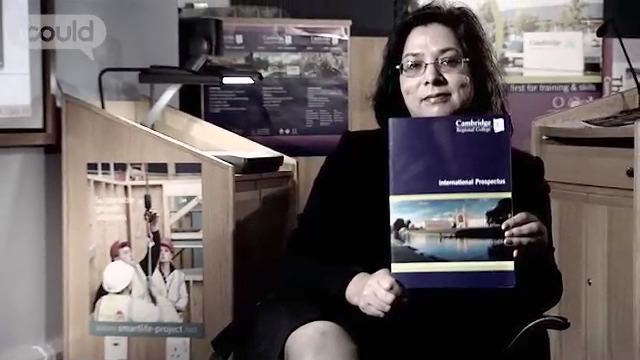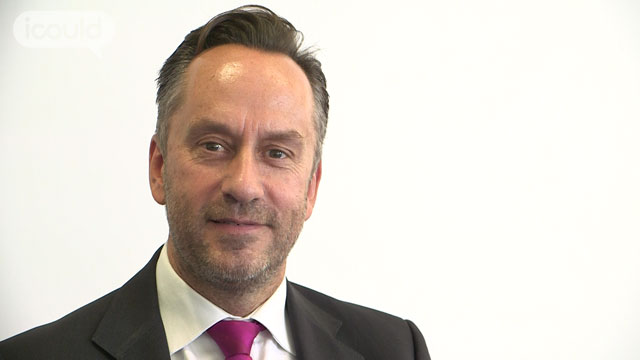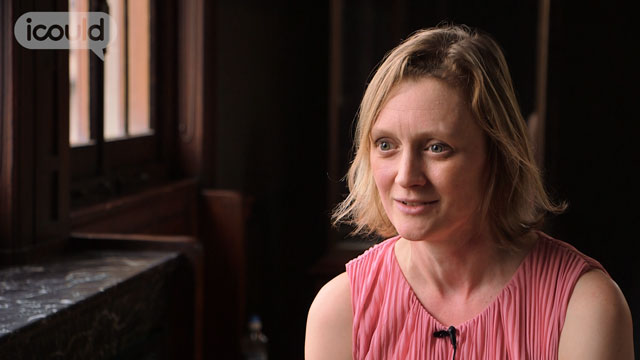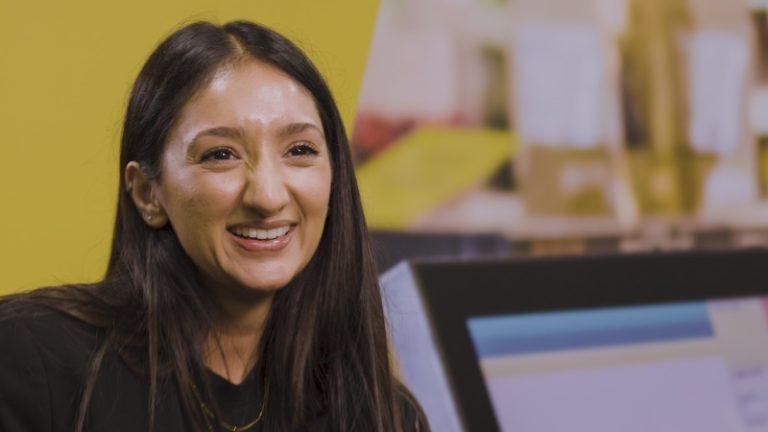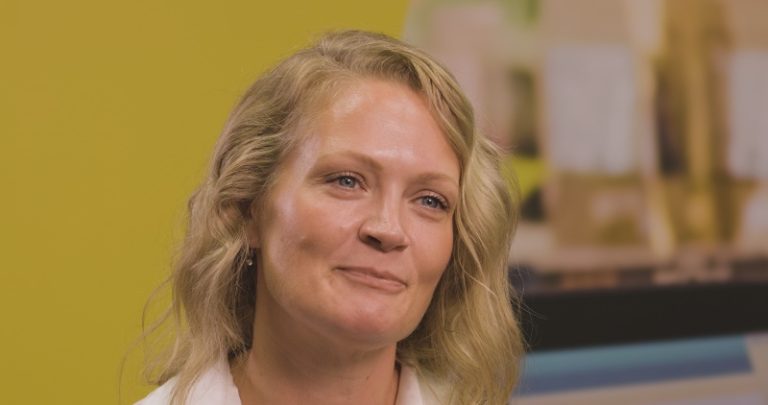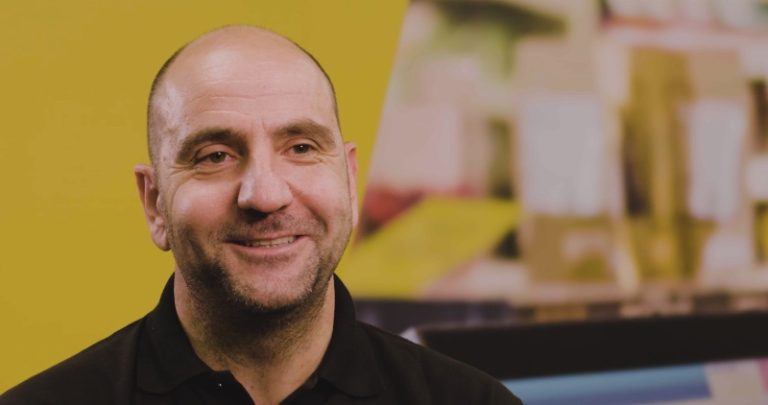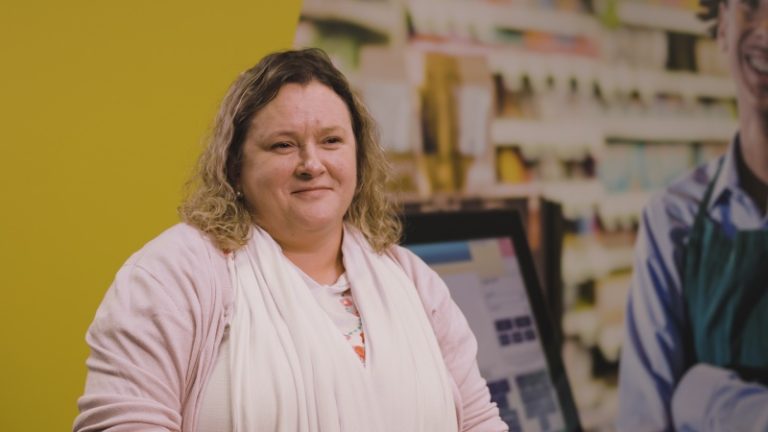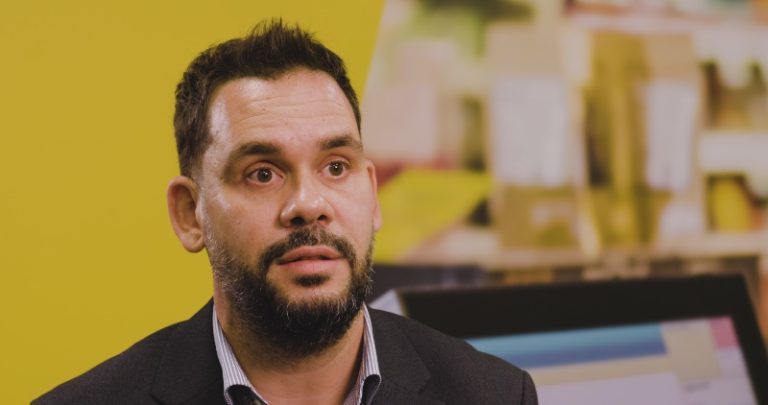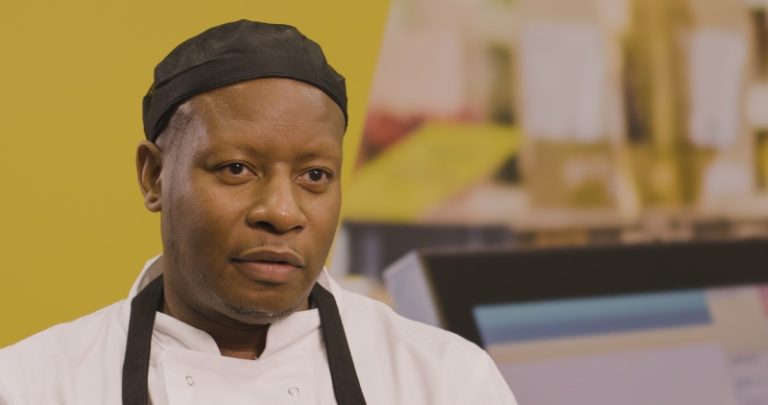CEO
The Gateway Learning Community
|
|
Kevin Sadler – CEO Gateway Learning Community Trust |
|
00:00 |
My name is Kevin Sadler I’m the chief executive officer of the Gateway Learning Community trust and I work for the Gateway Learning Community trust. |
|
00:06 |
I don’t think there’ve been many CEOs in education up until now really so it’s a job that’s really evolving but in my context we have five schools in our partnership of schools, one secondary and four primary and it’s been my job to create that structure, to negotiate the structure with government and with local community, with the local authority, parents, governors and basically what we’re about, two things, we’re about ensuring that our young people get the very best possible education that it’s relevant that it meets their needs and it’s interesting and it’s well taught and that they achieve highly. |
|
00:41 |
And secondly in doing that we’re aiming to support the regeneration and rejuvenation of our local community. It’s a community in which historically it was based in the docks, many of those jobs have now gone, very, very high rates of unemployment, very low aspirations in many pockets of our community and the idea of the learning community is to spread the word of what a good education can offer our young people. |
|
01:11 |
I always wanted to be a teacher starting with my primary music teacher Mrs Richards who came into our assembly with a trumpet in a case and I liked the look of the case rather than the trumpet and I thought, oh that will look really cool walking to school with that case. |
|
01:27 |
But interestingly to become a teacher I had to go to university and I loved my sixth form, I loved the area in which I lived, I didn’t really want to move away from my family and my friends and I hated that first six weeks I went to Leeds university and that first six weeks being away from home was probably the worst six weeks of my life. And if I’d not wanted to be a teacher knowing that I had to have a degree, I may well have dropped it and gone back to be with my mates and my family back in Essex. But you obviously have to stick at it if you want to achieve something that’s your end goal. |
|
02:01 |
And then I got my first job as a music teacher and then made my way to become a head of music and decided I wanted to do something a little bit different so I resigned as a teacher and took a job as a director of an Arts centre, Colchester Arts Centre. Doing something different it enabled me to be responsible for the finances, I was responsible for the programming, contracts, I had to go into all the very, the legal sides I had to write the press releases, I had to clean the toilets, I had to become a licensee. |
|
02:34 |
You take on all sorts of things to build up your CV and nothing is every wasted, no opportunity is ever wasted because you never know at what point it’s going to come back and be of benefit to you. So having a monetary value to these things isn’t always the most important thing it’s about gaining those experiences that help you open doors to the next part of your career. |
|
02:58 |
So I decided that I would get back into teaching and the most obvious thing would be to become a deputy head so I went for an interview for a deputy headship and part of the way through the process I decided that’s not the job I wanted, I wanted to be a head which is quite an extraordinary route because normally in teaching you go through you serve your apprenticeship in as a deputy and then you apply to a headship. But I went back to my line manager and said, this is what I really want to do, I don’t want to be a deputy and she said OK we’ll make it happen and she provided all the support I needed, and was fortunate enough to be then appointed as a head. |
|
03:39 |
I think firstly I would say work hard and get a balance between work and play, I think that’s really very, very important. So don’t miss any opportunities that your school is giving you and get your teachers to work for you that’s why they’re there. So take a real interest in your own education and make the school work for you that would be the first thing. The second thing I think would be about networking it’s about try and find as many opportunities to network with people in the field that you’re interested in as you possibly can and never by shy to exploit those networks, people are quite happy to help and I think people get a great sense of pleasure through helping so if somebody gives you their card don’t be afraid to email them or phone them and say, thanks for the card but can I come for a visit to see what you do. So I think networks are really important. |
|
04:31 |
I’m motivated by the though that I’m making a difference to the lives of our young people and this is a community that I’ve got a great affection for and our young people that come to our school are some of the finest young people I’ve ever worked with and it’s those small things on a daily basis when somebody comes and presents you with a piece of work that they’re really proud of and wants you to see it. It’s those sorts of things that make the difference and although I work long hours and sometimes it can be very frustrating, when you go home and drive home at night and reflect on those little things, somebody smiling at you, asking how you are, opening a door for you, the light bulb moments that you see in a class. It’s all those little tiny things that you go back and reflect on that make the day worth getting up for. |
|
|
End |
“It’s the small things on a daily basis…that make the difference.” Kevin is in charge of five schools – one secondary and four primary – and always wanted to be a teacher. He hated his first six weeks at university but the idea of going into teaching kept him going. He started out as a music teacher and later worked as director of an arts centre, before becoming a head teacher.
More information about Teachers of english as a foreign language
The UK average salary is £29,813
There are 37.5 hours in the average working week
The UK workforce is 47% female and 53% male
Future employment
- Teaches English as a foreign language and assists in the tuition of foreign languages
- Plans and prepares language lessons and materials
- Encourages conversations in English to improve students confidence and understanding
- Sets and marks tests and gives feedback on student's performance
- Organises students' participation in cultural activities and social events
